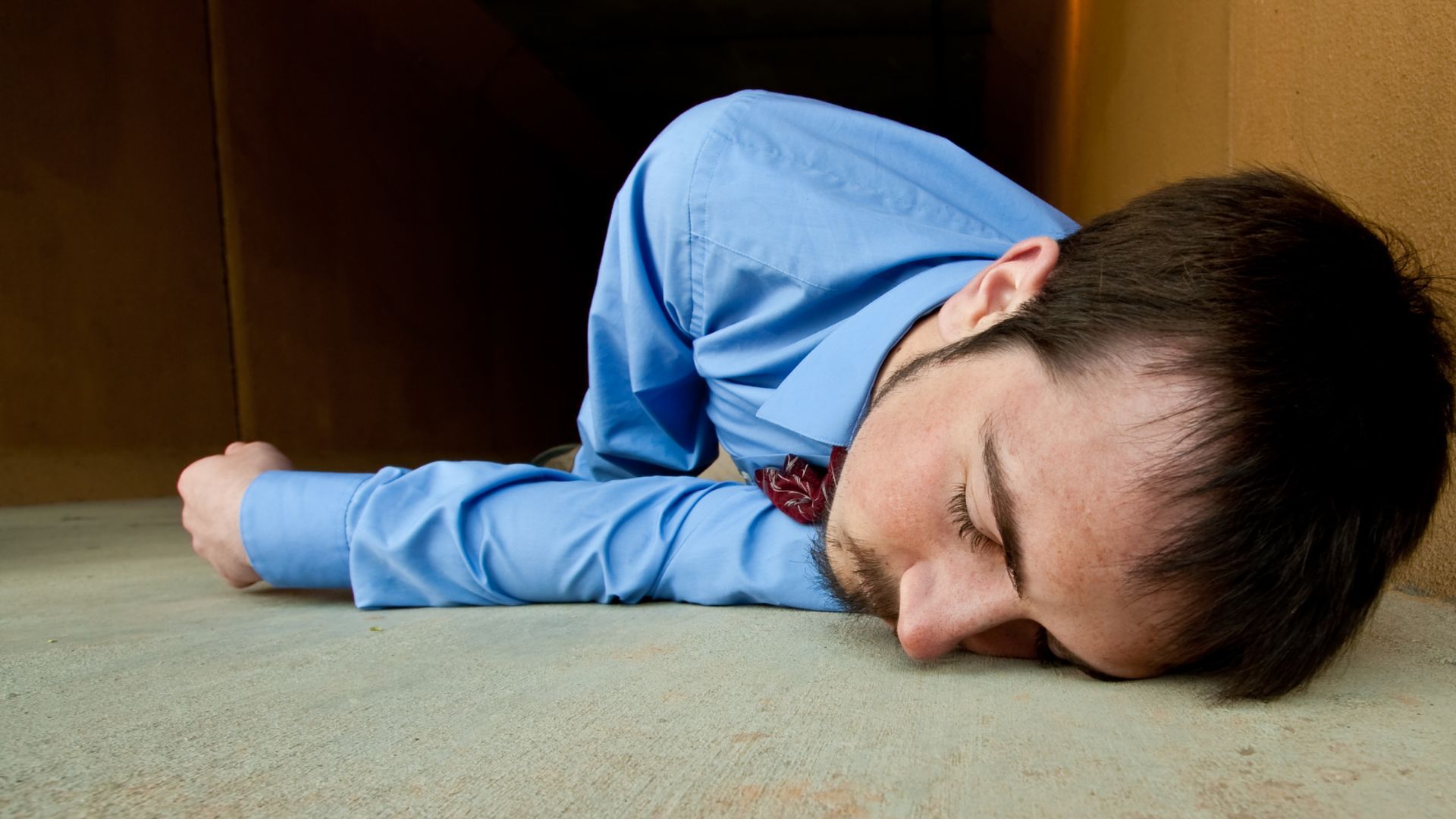
When faced with a medical emergency, such as someone suddenly blacking out or getting “knocked unconscious”, the situation can be overwhelming. Unconsciousness or a loss of consciousness refers to a state where an individual becomes unresponsive to their environment and cannot be easily awakened. Understanding what to do when someone is knocked unconscious can make the difference between chaos and clarity, panic and poise. Knowledge is power, and by the end of this read, you’ll be better equipped to handle such situations with confidence and care.
Causes of Unconsciousness
The brain is responsible for our state of consciousness. When its function is disrupted due to a medical issue, it can result in altered or lost consciousness. For instance, during a cardiac arrest, the heart stops pumping blood to the brain. Though the primary issue is with the heart, the evident symptom is the loss of consciousness.
However, there are numerous reasons for altered consciousness. A handy mnemonic, AEIOU TIPS, can help you remember these:
A – Alcohol: Different individuals have varying tolerance levels. Some, especially those with specific health conditions or on certain medications, might become unconscious even with slight alcohol intake.
E – Epilepsy or environmental factors like heat stroke or extreme cold.
I – Insulin issues, especially in diabetics.
O – Overdose of drugs or medications and oxygen lack due to heart or lung issues.
U – Uremia: Build-up of toxins from kidney problems.
T – Trauma: This could be a head injury or a severe shock.
I – Infection affecting the brain.
P – Poisoning: Either from consumed toxins (like certain chemicals) or due to organ failure leading to toxin accumulation.
S – Stroke: A brain stroke due to blood flow disruption.
(Rod Brouhard, 2021)
Emergency Treatment of Unconsciousness
When someone falls unconscious, knowing what to do is crucial. Everyone should consider having basic first aid and CPR training, as this can prepare you to handle situations like this and other medical emergencies more effectively. Here are a few clear steps to help you react quickly and safely, potentially saving a life.
Airway Examination
Ensure that their airway is clear. Signs of a blocked airway might include labored breathing or a high-pitched breathing sound. If something visible is blocking the airway, gently use a finger to sweep and remove it. If it’s deeper, continue with CPR chest compressions and check intermittently.
Breathing and Pulse
Examine them for indications of breathing. Subsequently, feel for a pulse, primarily focusing on the wrist or neck.
Modify Actions
- If the person is breathing: Speak to them. Ask basic questions like their name or today’s date if they seem dazed. Notify emergency services if they need to be more disoriented.
- For potential spinal injuries: Do not move them; stabilize their neck.
- If there’s no spinal injury: Position them on their side in the recovery position—bend their legs and tilt their head slightly backward.
- If they aren’t breathing: Safely move them onto their back, considering neck protection for CPR.
- If they’re bleeding profusely, apply robust and direct pressure on the wound. Use a tourniquet above the injury if knowledgeable. (Healthline)
Cardiopulmonary Resuscitation (CPR)
If someone becomes unconscious, first attempt to rouse them while preparing to administer CPR. Carefully position them on a firm, level surface, but avoid unnecessary neck movement if there’s potential for a spinal injury. While kneeling near their upper body, place the palm of one hand on the center of their chest, overlapping it with the other hand and interlacing the fingers. Employing straight arms, press down on the chest by 2 to 2.4 inches, utilizing your upper body strength, and repeat this compression 30 times at a speed of 100-120 compressions per minute. Subsequently, tilt their head backward, seal off the nose, and administer two rescue breaths, ensuring the chest elevates with each inhalation. Maintain this CPR sequence until professional medical assistance arrives. (Kahn, 2021)
When to Visit the ER
If someone loses consciousness, it’s crucial to rush to a doctor or call for emergency help if they remain unconscious for longer than a minute, have suffered injuries with visible bleeding, have diabetes or a history of seizures, lose control of their bowel or bladder, aren’t breathing, are pregnant, or are over the age of 50. Moreover, if they wake up but experience symptoms like chest pain, irregular heartbeats, challenges with speaking or seeing, or an inability to move their arms and legs, immediate medical attention is essential. (MedlinePlus)
In conclusion, to prevent fainting and loss of consciousness, avoid extended exposure to heat and lie down with elevated legs if feeling lightheaded or nauseous. Staying hydrated and a moderate salt intake can help.
Our board-certified ER physicians are trained to diagnose and treat causes of unconsciousness. We have 24/7 on-site radiology and labs that can detect causes of unconsciousness. Addressing underlying health issues, maintaining a healthy lifestyle, and timely medical check-ups are essential for prevention.
Works Cited
Rod Brouhard, EMT-P. “How Healthcare Providers Define Whether You’re Really Unconscious.” Verywell Health, 13 Dec. 2021, www.verywellhealth.com/what-is-unconscious-1298695.
Kahn, April. “How to Perform First Aid When Someone Is Unconscious.” Healthline, Healthline Media, 19 Feb. 2021, www.healthline.com/health/unconsciousness-first-aid.
MedlinePlus. “Unconsciousness – First Aid: Medlineplus Medical Encyclopedia.” MedlinePlus, U.S. National Library of Medicine, medlineplus.gov/ency/article/000022.htm#:~:text=Gently%20tilt%20their%20head%20back,as%20long%20as%20breathing%20continues.
